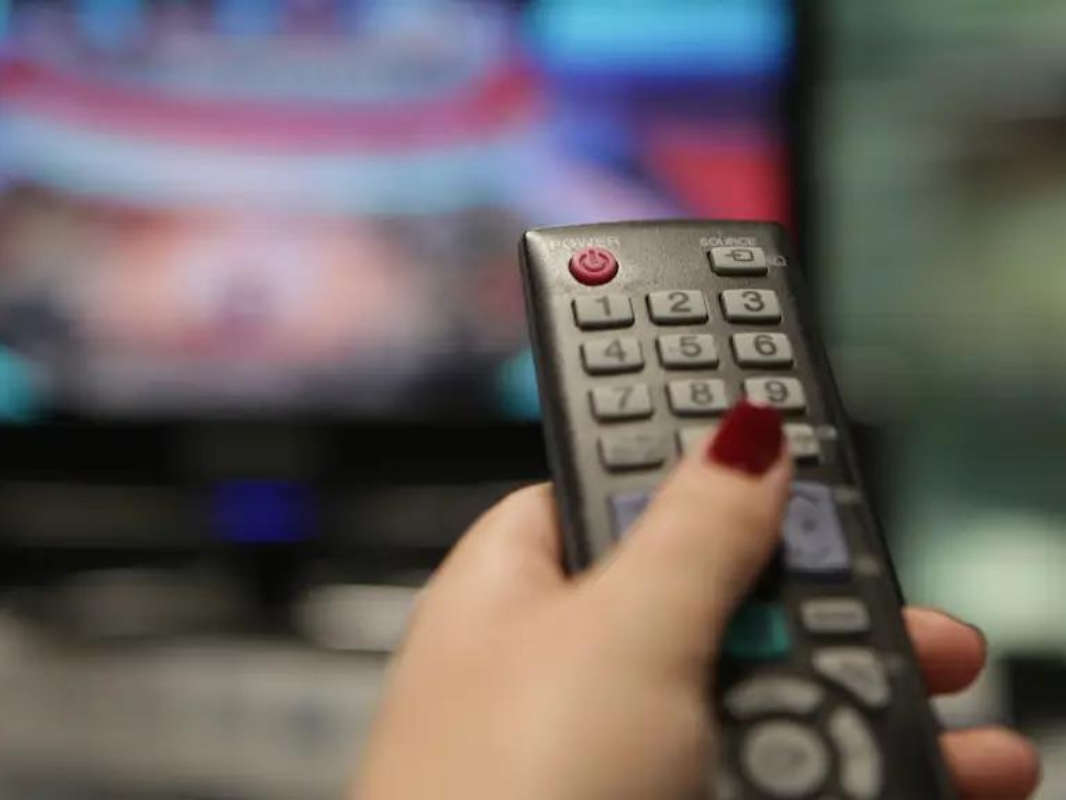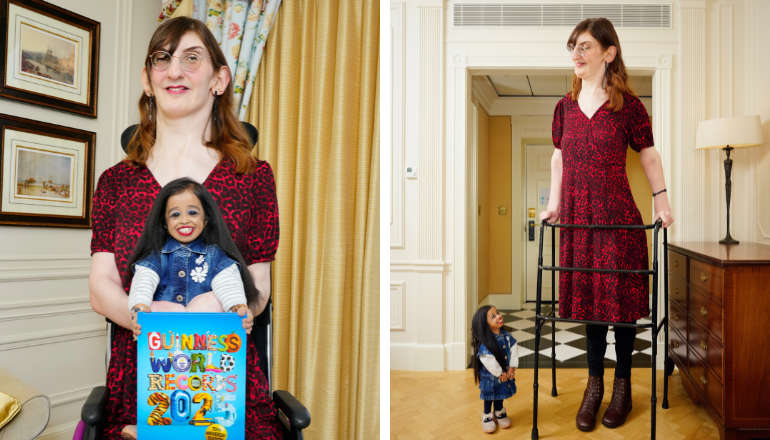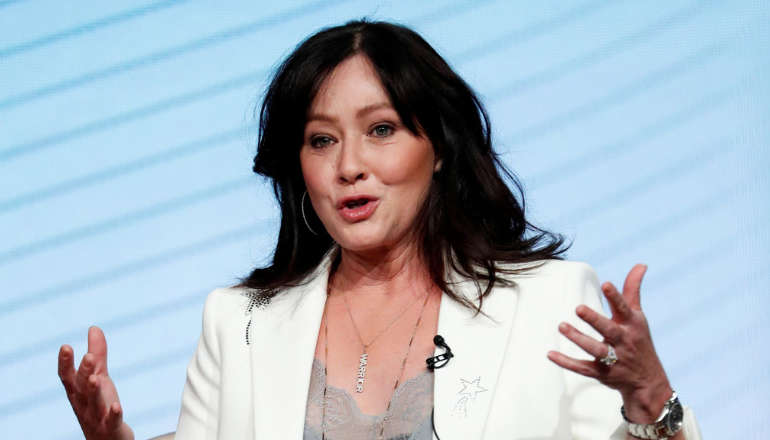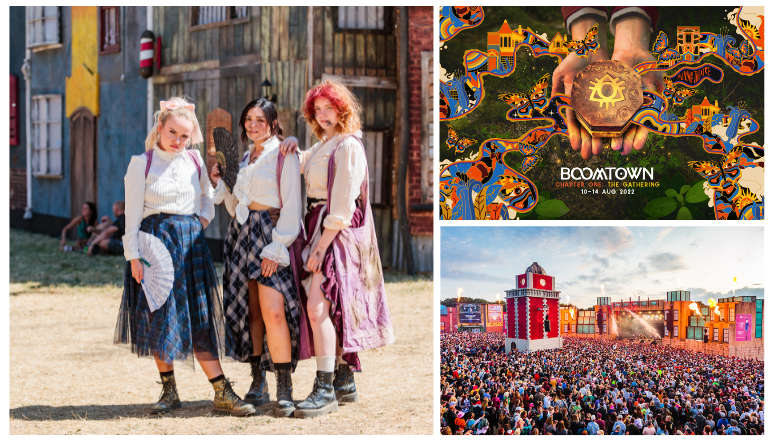
The broadcast watchdog Ofcom has commissioned a survey looking at attitudes towards offensive language on television.
Audiences are getting more relaxed about swearing on TV and radio but are concerned about discriminatory language particularly around race, an Ofcom study has found.
The broadcast watchdog commissioned a survey looking at attitudes towards offensive language and found some terms can be used “to create dramatic impact, bring humour, reflect real life, or even to inform and educate”.
Ofcom said people had limited concerns about the strongest language as long as it was broadcast after the watershed and that “timely, genuine apologies” were important when offensive terms were broadcast on air.
For the study, participants were asked to rank how offensive certain swear words, racial and political terms, and sexual terms were.
It found terms like “A Karen” and “Gammon” were considered mild, words like “Homo” and “That’s Gay” in a derogatory tone were moderate, and the use of “nonce” as being “highly offensive and requiring clear and strong contextual justification”.
There was also discussion of terms relating to gender identity, with opinions divided on the term “queer” depending on how it was used.
The report said:
“On the one hand, participants understood it had been used in a derogatory way in the past and felt it could be used to discriminate against LGBTQ+ people, for example by describing an individual as ‘a queer’.
“Using the word as an insult was widely seen as unacceptable for broadcast on TV or radio, without clear contextual justification such as in a drama or documentary about homophobia.
“However, participants in the general groups also noted that queer is included within the acronym LGBTQ+ and can therefore be used in a way that is not offensive to describe sexual identity and a broader community.
“They noted the use of the word in programmes such as Queer Eye and Queer as Folk, arguing that this word is now being used more widely within society including on TV and radio.”
There was a divide between the age groups surveyed when it came to the re-broadcast of programmes and films which no longer fit with current societal values.
It said some, “particularly older participants”, felt that older programmes or films depicting blackface still had a place on TV, while other, particularly young and black, participants “had very strong negative views towards blackface and considered it to be highly offensive”.
Adam Baxter, the watchdog’s director of standards and audience protection, said its assessors understand offensive language can be used to reflect real life or for dramatic impact, adding:
“We always apply our rules in a way that takes into account creative freedom and expression.”
He added:
“The research also shows an ongoing trend of increasingly relaxed attitudes about the use of swear words.
“Viewers and listeners had limited concerns, as long as the strongest language was broadcast after the watershed and parents were given sufficient information to inform their decisions about what their children could watch and listen to.
“On the other hand, reflecting heightened societal concern, audiences told us they felt increasingly worried about discriminatory language, particularly around race.
“Viewers and listeners said they expect broadcasters to take the utmost care to carefully contextualise the strongest forms of discriminatory language to ensure that audiences are protected.”


 World's Tallest And Shortest Women Meet For First Time To Celebrate Guinness World Records Day 2024
World's Tallest And Shortest Women Meet For First Time To Celebrate Guinness World Records Day 2024
 Shannen Doherty: Beverly Hills, 90210 Star Dies Aged 53
Shannen Doherty: Beverly Hills, 90210 Star Dies Aged 53
 Olivia Dean, Chaka Khan, Terence Trent D’Arby And Dionne Warwick Confirmed For Star-Studded Love Supreme
Olivia Dean, Chaka Khan, Terence Trent D’Arby And Dionne Warwick Confirmed For Star-Studded Love Supreme
 Boom Shakes The Room — Explosion of Colour And Happy Vibes At Spellbinding Gathering
Boom Shakes The Room — Explosion of Colour And Happy Vibes At Spellbinding Gathering
 Struggling To Sleep? New Research Names The Movies That Will Help
Struggling To Sleep? New Research Names The Movies That Will Help